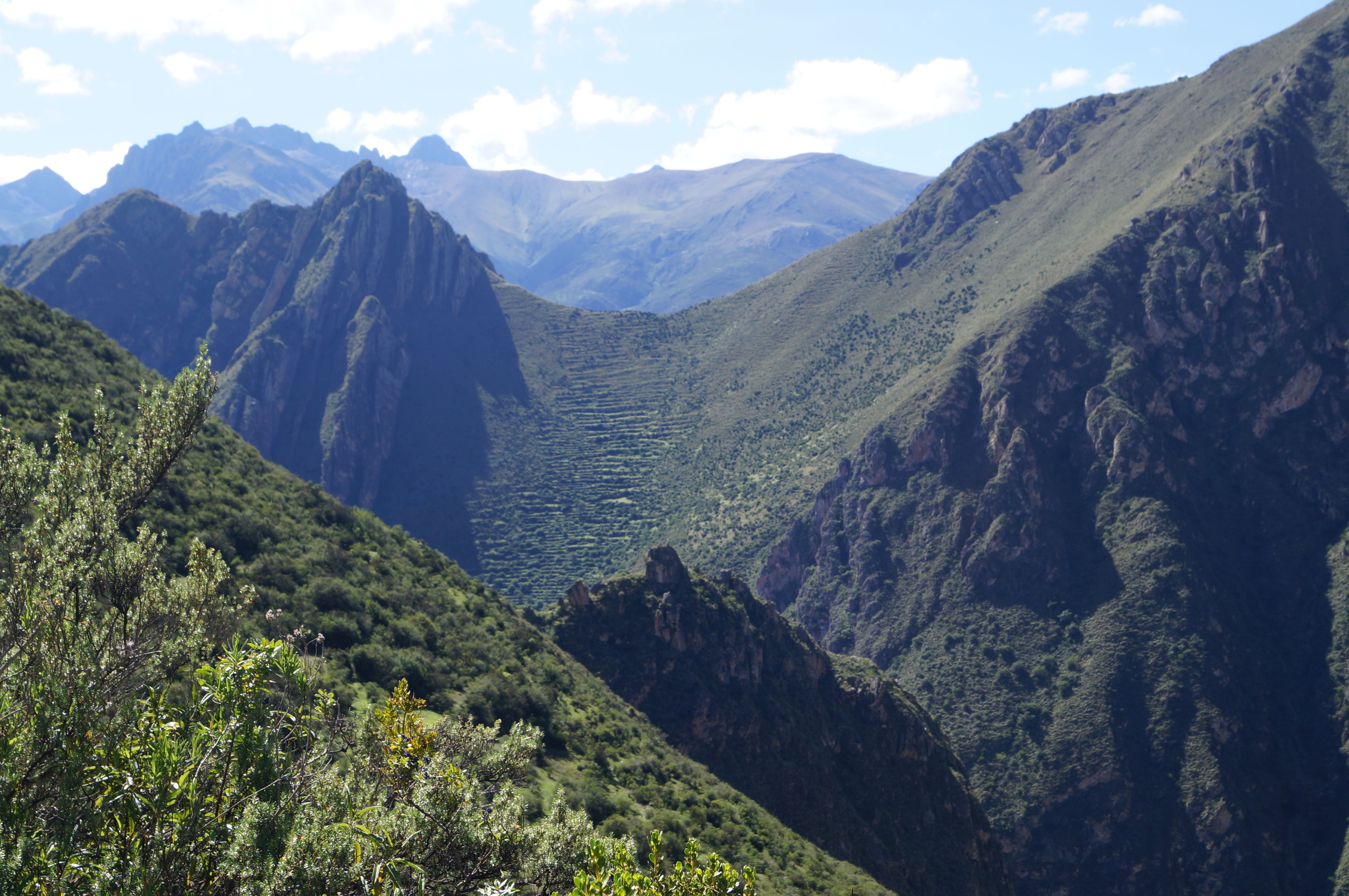

The Albertine Rift has recently been the centre of major developments in terms of infrastructure development projects, oil exploration, and many other projects in agriculture, energy and transport sectors. These projects may represent a potential threat to biodiversity, and ecosystem services, especially in mountain areas where they impact negatively the livelihoods of local communities. The sustainable implementation of such projects need an effective Environmental Impact Assessment (EIA) to assist decision making and plan for the mitigation of major impacts that can’t be avoided. While a good EIA has to be conducted through a public and transparent process involving all concerned sectors including the civil society and grassroot communities, this is not the case in the Albertine Rift countries where the EIA process is largely marked by lack of public participation and shallow assessment by the practitioners who conduct the EIA studies. Since 2014, the Albertine Rift Conservation Society (ARCOS) leads a group of civil society players who want to advocate for harmonization of development and conservation in the region. The group called “Albertine Rift Environmental Assessment Leadership Alliance (AREALA) advocates for increased transparency and public participation in EIAs and other planning processes in the region. We believe we can only achieve the sustainable development we want if we resist the increasing pressure from investors who want to cut corners in the name fast economic growth and educate our population that environment conservation constitutes the cornerstone of sustainable development. This becomes even crucial in mountain areas where we find many ecologically important ecosystems that underpin the livelihoods of millions of people and entire national economies.
Every year, Rwanda hosts the Kwita Izina event (Gorilla Naming Ceremony), an international event that has been celebrated since year 2005. The event embodies an intriguing story of how a country can leverage its natural capital sustainably in a chang
The World Mountain Forum is a biennial event that brings together stakeholders to discuss issues around Sustainable Mountain Development (SMD) and how it can be integrated in the global development agenda. This year’s edition will be hosted by the
It is now an accepted fact that the people who live in close contact with and depend upon natural ecosystems for their survival must be fully involved in all efforts to find solutions to conservation issues we are facing today. In mountain areas of
East Africa’s mountains support large human populations. The Ugandan side of Mount Elgon, for instance, has an average population density of 900 people per square kilometre. The Rwandan side of the Virunga massif also harbours the highest density o
Around 3 million hectares of forest are lost every year in Africa and 65 percent of land on the continent is affected by degradation resulting in an annual loss of 3 percent of GDP from soil and nutrient depletion. Most of these areas affected by deg
As the host of the 2nd Africa Regional Mountain Forum that was held in Kigali on 12-14 September 2018, Rwanda pledges to support Sustainable Mountain Development (SMD) initiatives in the country and develop legal instruments to mainstream SMD into th